The Whole Lion’s Share Thing Was a Bit of a Sham
We’re feeling a little duped at the moment. Thanks a lot, Lion’s Share.
Anyone familiar with the lore surrounding the famed Lion’s Share slot machine, formerly at MGM Grand, is aware of these “facts”:
1) The Lion’s Share slot machine was a hold-over from an earlier time in Las Vegas, and there was just one Lion’s Share left on the casino floor for years. 2) The machine’s biggest jackpot had never hit during its decades of operation. 3) The winner of the progressive jackpot would get to keep the machine. 4) Gaming regulations mandated that the machine not be removed from the casino floor until the progressive jackpot hit.
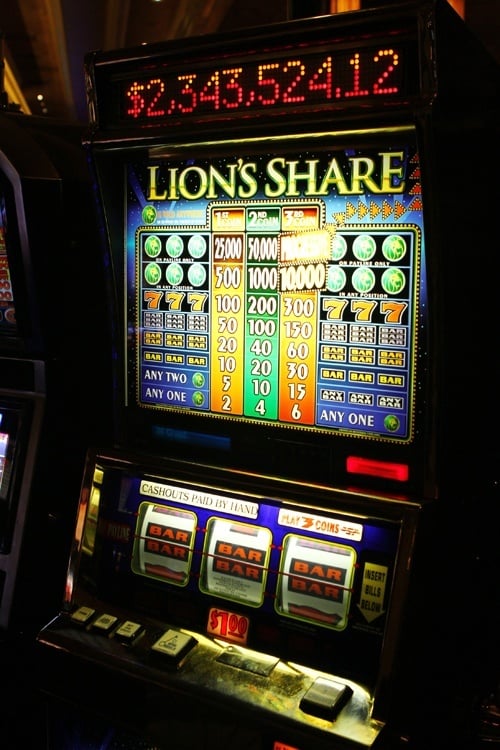
Those things made the Lion’s Share machine legendary, at least to Las Vegas enthusiasts, and irresistible. Surprisingly, though, not all those things are true.
Come to find out, the bit about the Lion’s Share machine having to pay off before the machine could be taken off the casino floor was, as they say in the casino industry, unmitigated hooey. Bunk. Hogwash. Malarkey. And several other words people actually still use.
If you delve into the gaming regulations (and trust us, it’s lively reading), you discover a jackpot on a slot machine can be transferred by the casino to another machine at any time. Sad trombone.
This pretty much crushes one of the aspects of Lion’s Share that made it such a draw, and the subject of worldwide news when the jackpot finally hit for $2.4 million on Aug. 22, 2014.
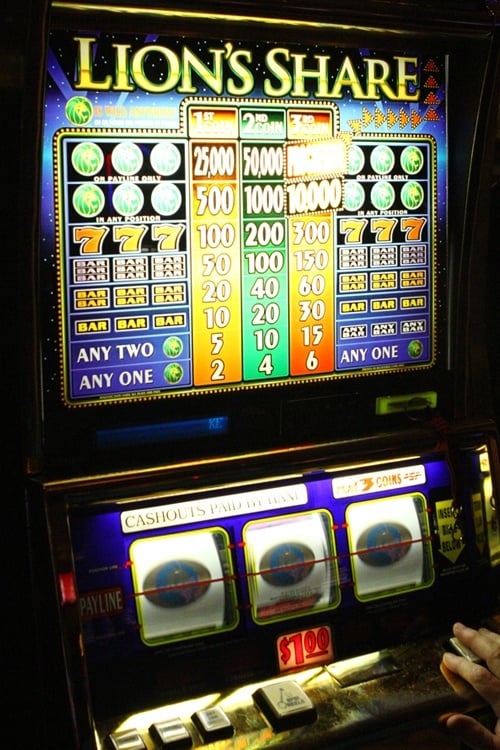
Yep, the specific gaming regulations involved here are in the Operation of Gaming Establishments, section 5.110, “In-House Progressive Payoff Schedules.”
The regulations talk about the logistics of how a progressive jackpot can be transferred to a different machine. No, it doesn’t have to be the same kind.
There are some requirements, of course, including that the jackpot has to go to another machine where the new machine “does not require that more money be played on a single play to win the payoff schedule than the game or slot machine from which the incremental amount is distributed.” Which is a fancy way of saying you can’t move a jackpot from a $1 coin machine with a two coin max bet to a $5 machine with a three coin max bet, because players would have to spend more to get the jackpot than they would have on the original machine.
The bottom line is that a key part of the mythology around the Lion’s Share slot machine was just that, myth. Endless news stories were written before and after the jackpot hit, and as far as we can tell, nobody thought to ask if the jackpot had to hit on that specific machine. It just made a better story if we thought it did. (This Las Vegas blog fell for it, hook, line and ATM withdrawal.)
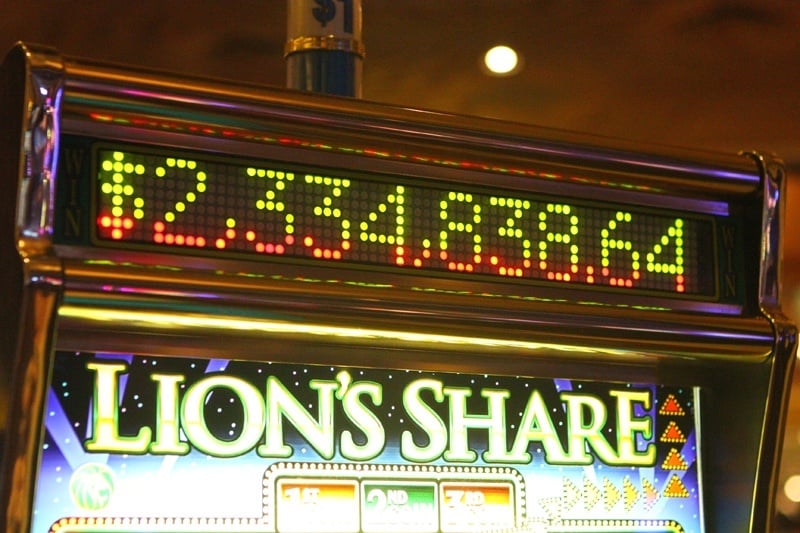
As the popularity of the Lion’s Share machine spread, MGM Grand did nothing to dispel the myth because the machine made a metric ass-ton more money because of the mystique surrounding it. MGM Grand isn’t in the myth-dispelling business, it’s in the money business. And business at the Lion’s Share machine was good, for a very long time.
The mistaken belief the Lion’s Share jackpot had to hit on that machine created a sense of urgency (it’s known as the “gambler’s fallacy”), and a windfall for MGM Grand. An MGM casino executive estimated the Lion’s Share machine was played five times more than the average slot machine on MGM Grand’s casino floor.
As with so many things in Las Vegas, not everything is as it seems at first glance. Remember, “caveat aleator,” or let the gambler beware.

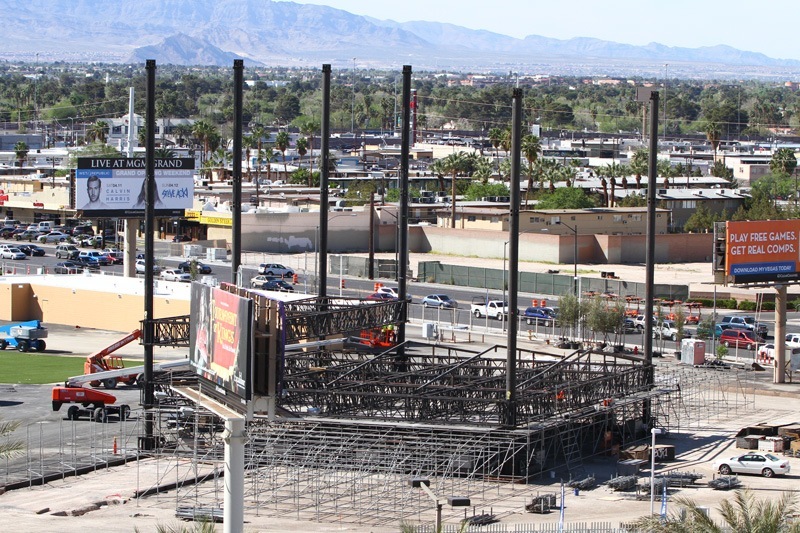

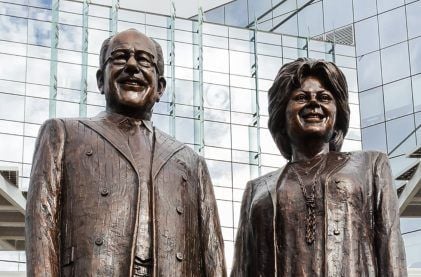
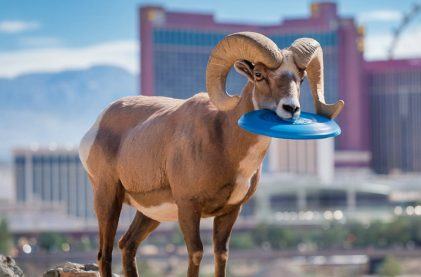
Leave your thoughts on “The Whole Lion’s Share Thing Was a Bit of a Sham”
11 Comments